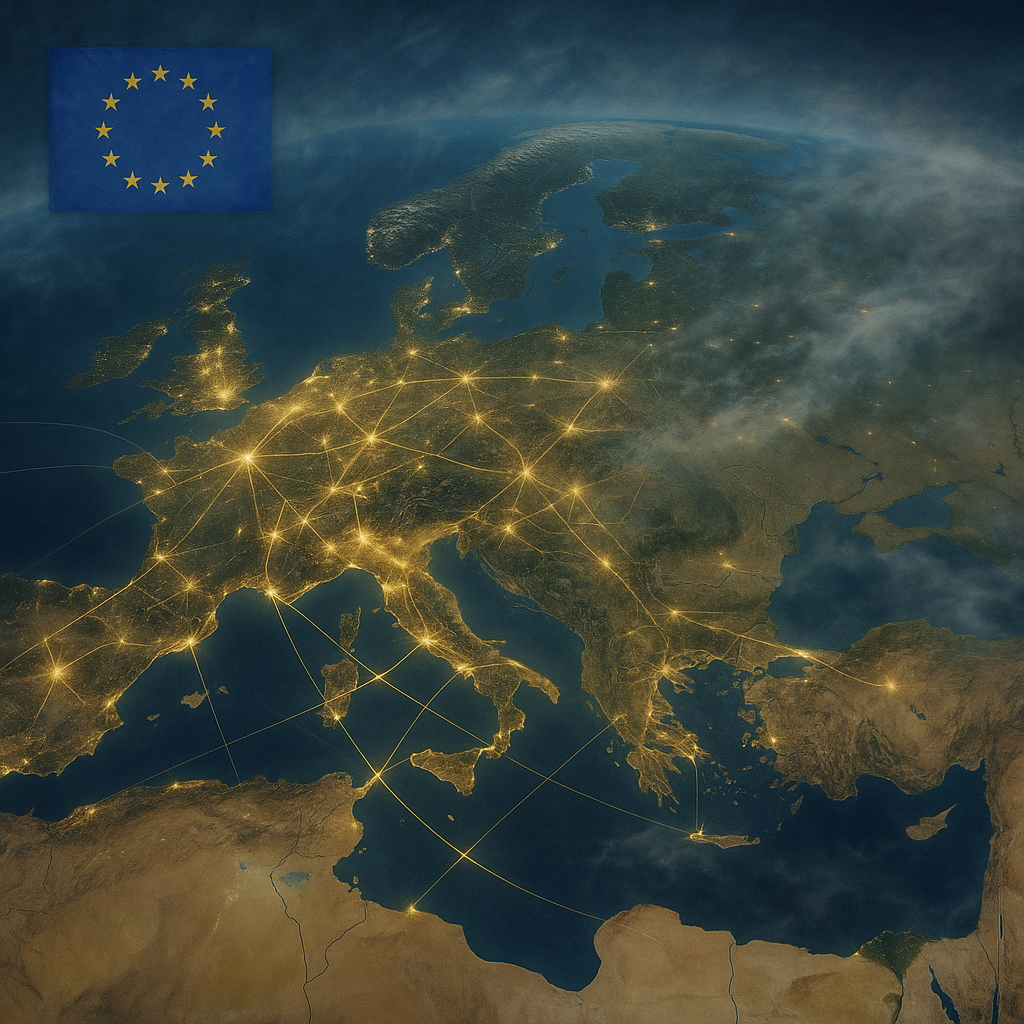[EN] Potentiels et limites des politiques de l’UE dans le voisinage
*Uniquement en anglais*
Michele Comelli, Chercheur senior, Istituto Affari Internazionali (IAI) —
Contrary to the premises on which it was launched back in 2003, the European Neighbourhood Policy (ENP) has underperformed in many ways. While democratisation in Eastern Europe has lapsed, a number of Southern Mediterranean countries overthrew their ruling autocrats, but the EU had no role in that. The EU revised the ENP in 2011, but the revision looks unimpressive. In particular, conditionality appears unlikely to work in countries where reforms have been an endogenous product. New challenges have also emerged from the new economic and strategic context. Internally, the crisis has absorbed significant energy and resources, plus Member States tend not only to bypass common external policies, but possibly stand in the way of implementing Lisbon Treaty foreign policy provisions. Externally, other actors have emerged in the EU neighbourhood, while neighbouring countries and their citizens no longer necessarily look at the EU as a model and final foreign policy goal. The EU should adopt a political, not technocratic approach to its periphery, get Member States to support common policies, and seek ad hoc cooperation with new powers in the area, like Turkey. A strategic and proactive approach to the neighbourhood is needed, one that looks at the opportunities for the EU, and not just at the challenges and threats.

Disponible en anglais uniquement
Ce Policy
Paper est une contribution de Michele Comelli(IAI) au
projet Think
Global – Act European (TGAE). Thinking Strategically about the EU’s external
action dirigé par Notre Europe – Institut Jacques Delors (rapport
disponible en mars 2013, dir. Elvire Fabry,
Chercheur Senior, Notre Europe – Institut Jacques Delors).
Contrary to the premises on which it was launched back
in 2003, the European Neighbourhood Policy (ENP) has underperformed in many
ways. While democratisation in Eastern Europe has lapsed, a number of Southern
Mediterranean countries overthrew their ruling autocrats, but the EU had no
role in that. The EU revised the ENP in 2011, but the revision looks unimpressive.
In particular, conditionality appears unlikely to work in countries where
reforms have been an endogenous product. New challenges have also emerged from
the new economic and strategic context. Internally, the crisis has absorbed significant
energy and resources, plus Member States tend not only to bypass common
external policies, but possibly stand in the way of implementing Lisbon Treaty
foreign policy provisions. Externally, other actors have emerged in the EU
neighbourhood, while neighbouring countries and their citizens no longer
necessarily look at the EU as a model and final foreign policy goal. The EU
should adopt a political, not technocratic approach to its periphery, get
Member States to support common policies, and seek ad hoc cooperation
with new powers in the area, like Turkey. A strategic and proactive approach to
the neighbourhood is needed, one that looks at the opportunities for the EU,
and not just at the challenges and threats.
Avant la
publication du rapport final présentant les recommandations clés des16 think tanks mobilisés dans ce projet, 5 séries
de Policy Papers portent sur les sujets suivants : Voisinage de l’UE,PSDC, Ressources stratégiques, Migration et Politiques économiques.
Ce Policy Paper
fait partie de la série intitulée « Comment faire du voisinage de l’Union européenne une opportunité pour l’Union elle-même?»
qui
comprend les contributions de Adam Balcer (demosEUROPA), Christophe
Hillion(SIEPS), Haizam Amirah Fernández (Elcano Royal Institute), Timo
Behr (Notre Europe – Jacques Delors Institute), Lucia Najšlová (Europeum), Vera Rihácková (Europeum), Olga Shumylo-Tapiola (Carnegie Europe).
Voir les
autres contributions de la série de voisinage >>
Ce projet
est mené avec le soutien du 




